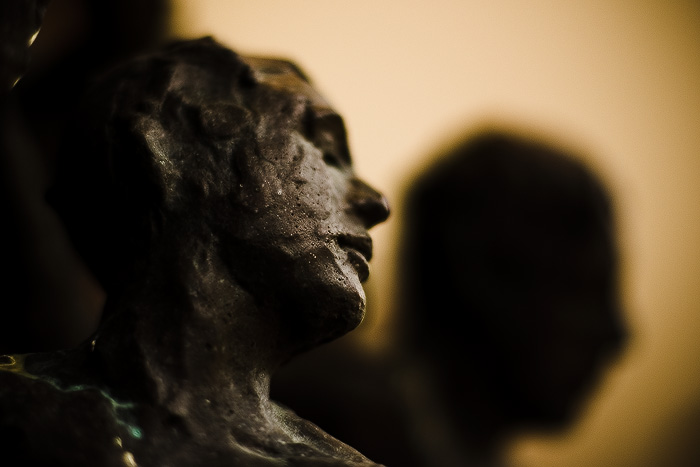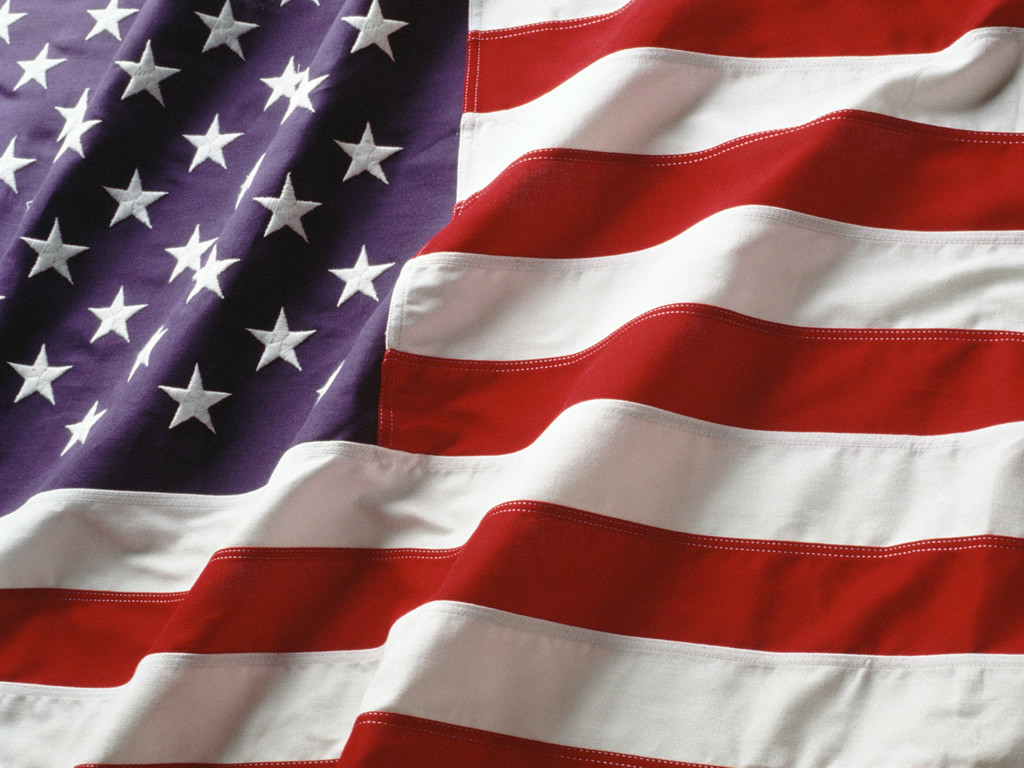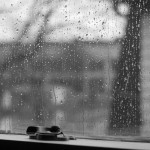
This past week an aunt died, a friend’s mother died, a too-young client started hospice care—barely a year after her husband’s sudden death and six months after her sister’s. Two weeks ago, I was called out twice as a chaplain to sit with families who had just experienced unexpected death. This week also marked forty-five years since cancer stole my teenage brother’s adulthood.
Death. An uninvited and unwelcome visitor whose looming shadow darkens the brightest of days.
In this season of Lent, Christians intentionally sit in the shadow of death, thoughtfully ponder the cost of our own sins, consider the One who endured rejection, mockery, and torture on the way to his own death … a death that, according to the Bible, should be ours. Lent is the night storm before the calm of Easter’s glorious resurrection sunrise. Lent is supposed to be dark.
I can’t do it. I can’t do the dark. Amidst a daily news cycle dominated by lies, anger, retribution, and hatred of anything other; punctuated by wars and earthquakes; surrounded by death near and far … it is hard to sit in the darkness and hold out hope even for an Easter celebration I know will come.
When I have spoken with friends about the times we are living in, I have most often heard the complaint that “no one is doing anything” or the bewildered question, “what can we do?” What action we might take see seems futile, fruitless, ineffective. We seem destined to wait it out—“this, too, shall pass”—and are left to wonder whether we will recognize anything when it does pass. These have all been my own complaints, questions, wonderings.
Hope. Hope is hard. It is hardest in the dark, when there is not even a flicker of light. I’m told the one thing worse than being alone is being in pitch black. In the deepest dark, there are no reference points, no direction, no way of knowing north from east, up from down. In the darkest deeps, hope is impossible to find … unless a light comes.
Here is what I know: the most life-giving lament holds onto something greater than hope—it clings desperately to faith … faith in something, Someone greater than all I know; greater than the darkness that surrounds me; greater than the evil that pervades the days; greater than any other power or authority; greater, even, than anything I can do on my own. That faith … that Someone … gives me strength to do what I can, no matter how little or trite it may seem. And so I do what I can.
What can I do? I can bring a flickering candle into dark spaces. How? For me, it might mean sitting after midnight with an old woman whose lifeless, twenty-year companion is still laying on her living room floor as she stares death in the face. Sometimes it’s by delivering a special treat to a client on hospice, or even the mundane task of helping order their financial affairs. Sometimes it’s attending a young friend’s performance and hanging around afterward to give her a hug.
When I stand on the drizzly sidelines to watch a former student’s soccer game, it’s a candle in the dark. When I get on the microphone and announce the next batter while the throbbing beat of her favorite rapper (ugh!) blares through the speakers, it brings just a little light to her life. When I ride with a police officer and allow him to be himself—with no judgment of his unfiltered language or complaints—the weight of the creative evil he sees every day becomes a shared, lightened burden.
When I can listen to the stories of those hurt by the hands or words of people badly representing Jesus, and simply say, “I’m so sorry you experienced that,” their pain is lessened just a bit.
I can’t bring light to every dark corner, but I can bring a little light to every place I go. If my candle can light someone else’s, and theirs can light another’s, and theirs yet another … then soon all the candles will shine in the darkness, and the darkness will not overcome. And with the hope of that ever-spreading light we can say with the ancient poet, In the dark shadow of death, I will fear no evil, for You are with me.
You may not be able to light the whole world, but you can bring light to a dark corner. So now a question: What dark corner will you encounter today, and how can you—how will you—light a candle there?
Go in grace. Go in peace. Be a light.


 I spent the first half of my life in wet climates: western Canada, Germany, England, Seattle. Most of the last half has been in San Diego, with its incessant sun and persistent 70-degree weather. So when I awoke this morning to the sound of rain pouring down on the metal roof of our condo, I looked forward to cozying up on the couch in the early morning quiet, sipping my coffee, and looking out the window at the rain.
I spent the first half of my life in wet climates: western Canada, Germany, England, Seattle. Most of the last half has been in San Diego, with its incessant sun and persistent 70-degree weather. So when I awoke this morning to the sound of rain pouring down on the metal roof of our condo, I looked forward to cozying up on the couch in the early morning quiet, sipping my coffee, and looking out the window at the rain.